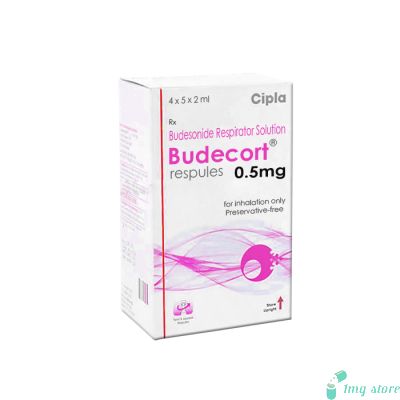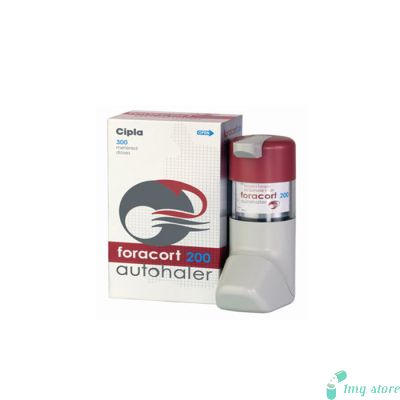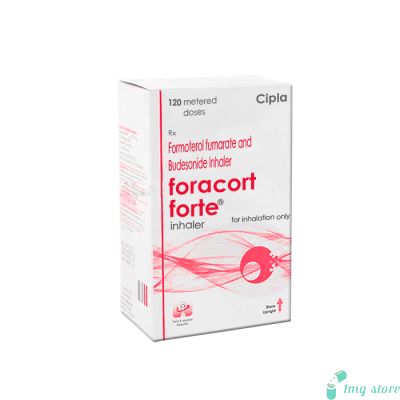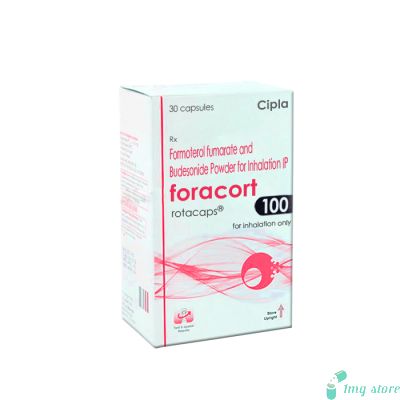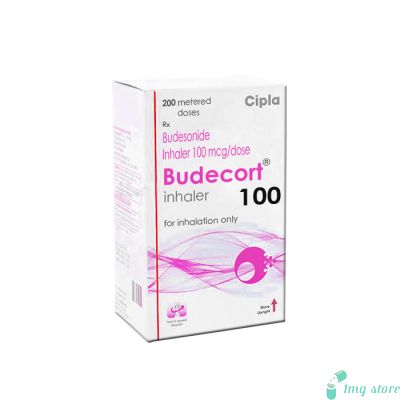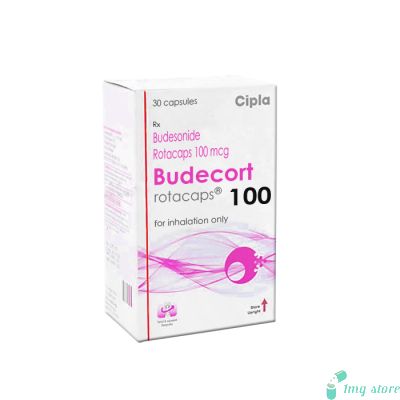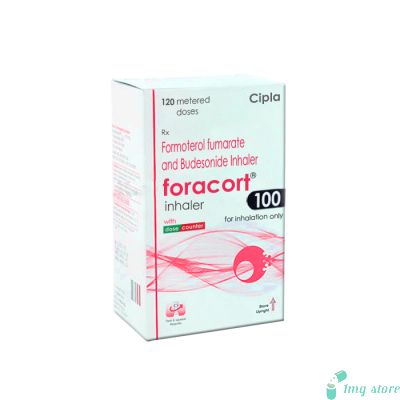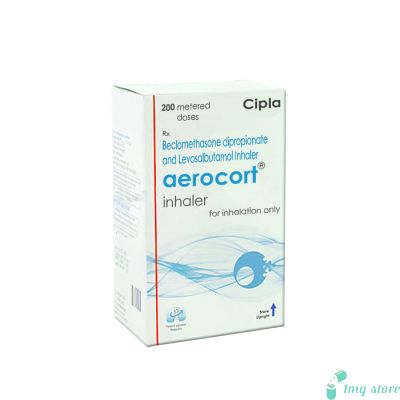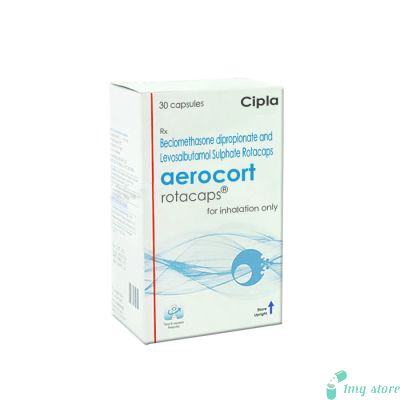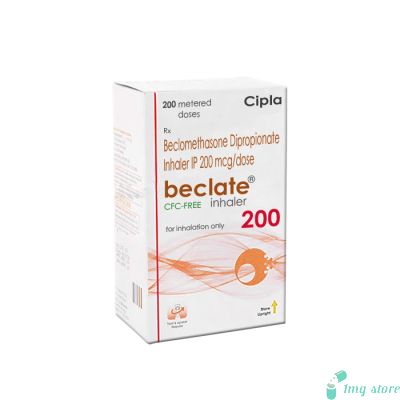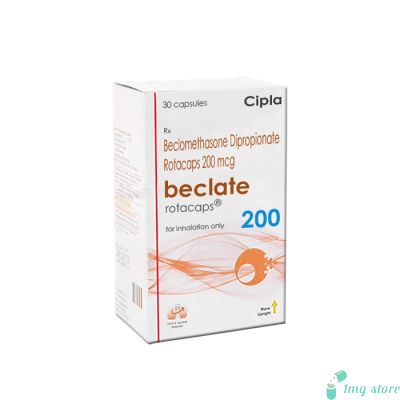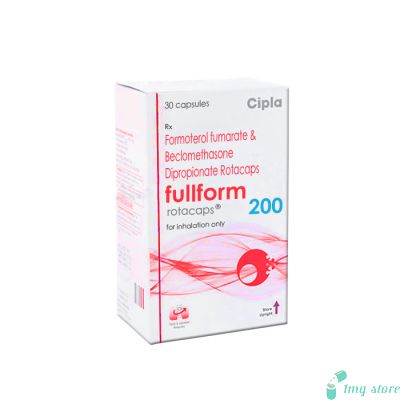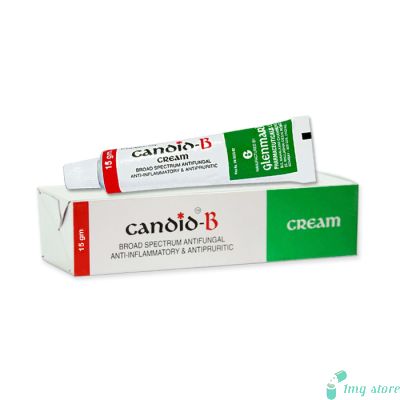Budenase AQ Nasal Spray (Budesonide)
Budesonide AQ Nasal Spray is a prescription medication used to treat symptoms of allergic rhinitis, also known as hay fever.
Budesonide AQ Nasal Spray:
Introduction:
Budesonide AQ Nasal Spray is a prescription medication used to treat symptoms of allergic rhinitis, also known as hay fever. It belongs to the class of drugs called corticosteroids and works by reducing inflammation in the nasal passages. The active ingredient, budesonide, is a synthetic corticosteroid that helps relieve nasal congestion, runny nose, sneezing, and itching caused by allergies. It is available in an aqueous nasal spray form, making it easy to administer and providing fast relief for allergy sufferers.
Dosage Information:
The dosage of Budesonide AQ Nasal Spray should be determined by a healthcare professional based on the individual's age, medical history, and the severity of their allergic rhinitis symptoms. Generally, the recommended starting dose for adults and children over 6 years of age is usually 64 micrograms (mcg) per nostril once daily. The maximum daily dose should not exceed 256 mcg per nostril. For children between 2 to 6 years of age, the initial dose is usually 32 mcg per nostril once daily, with a maximum daily dose of 128 mcg per nostril. It is essential to follow the doctor's instructions carefully and not exceed the prescribed dose to avoid potential side effects.
Benefits:
Budesonide AQ Nasal Spray offers several benefits in the management of allergic rhinitis. Firstly, it provides effective relief from bothersome symptoms such as nasal congestion, sneezing, runny nose, and itching. By reducing inflammation in the nasal passages, the spray helps open up the airways, making breathing easier for individuals suffering from allergies. The aqueous formulation ensures quick absorption and fast-acting relief, providing comfort to patients within a short period. Additionally, Budesonide AQ Nasal Spray is non-drowsy, making it suitable for daytime use, allowing patients to carry on with their daily activities without significant disruption. Regular use of the nasal spray can help prevent the recurrence of allergy symptoms, enhancing the overall quality of life for those affected by allergic rhinitis.
Budesonide Nasal Spray Allergy:
Budesonide Nasal Spray is commonly used to alleviate allergy symptoms, especially those related to allergic rhinitis. It works by reducing inflammation in the nasal passages, providing relief from nasal congestion, sneezing, runny nose, and itching caused by allergies.
Budesonide Nasal Spray Cost:
Discover the best deals on Budesonide Nasal Spray at 1mgstore.com. Compare prices and find cost-effective options to manage nasal congestion and allergies. Visit us now!
Precautions:
Allergic Reactions: Before using Budesonide AQ Nasal Spray, individuals should inform their healthcare provider if they have a history of allergic reactions to budesonide or any other corticosteroids. Allergic reactions may include rash, itching, swelling, severe dizziness, or difficulty breathing. If any signs of an allergic reaction occur after using the nasal spray, seek immediate medical attention.
Medical History: Patients should disclose their complete medical history to the healthcare provider, especially if they have or had any medical conditions such as nasal or sinus infections, tuberculosis, herpes simplex virus eye infection, or recent nose injury or surgery. Budesonide AQ Nasal Spray may worsen certain conditions, and the dosage may need adjustment or alternative treatments might be considered.
Pregnancy and Breastfeeding: Pregnant or breastfeeding individuals should consult their healthcare provider before using Budesonide AQ Nasal Spray. Though the medication is generally considered safe during pregnancy, the potential risks and benefits should be evaluated by the doctor. It is also not known if budesonide passes into breast milk; therefore, a decision on whether to use the nasal spray or discontinue breastfeeding should be made in consultation with a healthcare professional.
Children and Adolescents: Budesonide AQ Nasal Spray is generally safe for children above 2 years of age, but the appropriate dosage and duration of treatment should be determined by a pediatrician. Regular monitoring is essential to ensure that the medication is well-tolerated and effective in this age group.
Immunosuppression: Long-term use of high doses of corticosteroids, including budesonide, may suppress the immune system and increase the risk of infections. Individuals who are taking immunosuppressive medications or have conditions that weaken the immune system should use Budesonide AQ Nasal Spray with caution. Any signs of infection should be promptly reported to the healthcare provider.
Glaucoma and Cataracts: Prolonged use of nasal corticosteroids may increase the risk of developing glaucoma or cataracts. Patients with a history of these eye conditions should use Budesonide AQ Nasal Spray cautiously and undergo regular eye check-ups while using the medication.
Systemic Effects: Although Budesonide AQ Nasal Spray is designed for local nasal administration, some absorption into the bloodstream may occur. High doses or long-term use may lead to systemic effects, such as adrenal suppression or reduced bone mineral density. Prolonged use should be avoided or limited under the supervision of a healthcare professional.
Budesonide Nasal Spray Over the Counter:
Budesonide Nasal Spray is not available over the counter and requires a prescription from a healthcare professional. It is a prescription medication used to treat allergic rhinitis and should only be used under medical supervision to ensure safe and effective use.
Uses:
Budesonide AQ Nasal Spray is primarily used for the treatment of allergic rhinitis, which is an inflammation of the nasal passages caused by allergens such as pollen, pet dander, dust mites, and mold spores. The symptoms of allergic rhinitis can significantly impact a person's well-being, leading to nasal congestion, sneezing, itching, and a runny nose. By reducing inflammation in the nasal passages, the nasal spray effectively alleviates these symptoms, providing relief to individuals suffering from hay fever.
Budesonide AQ Nasal Spray is particularly useful for seasonal allergic rhinitis, commonly known as seasonal allergies, which are triggered by specific allergens prevalent during certain times of the year. It is also beneficial for perennial allergic rhinitis, which occurs year-round and is triggered by allergens present in the environment at all times.
Furthermore, Budesonide AQ Nasal Spray can be prescribed for the treatment of non-allergic rhinitis. This condition is characterized by similar symptoms to allergic rhinitis, such as nasal congestion, runny nose, and sneezing, but is not caused by allergens. Instead, non-allergic rhinitis may be triggered by irritants like smoke, strong odors, changes in temperature, or hormonal factors.
In some cases, healthcare providers may also use Budesonide AQ Nasal Spray off-label to manage other nasal conditions, such as nasal polyps, which are noncancerous growths in the nasal passages. However, the use of the nasal spray for off-label purposes should only be done under the supervision of a qualified medical professional.
Common Side Effects: The most common side effects of Budesonide AQ Nasal Spray include mild nasal irritation or dryness, sneezing, and nosebleeds. These side effects are usually temporary and mild, but if they persist or worsen, individuals should seek advice from their healthcare provider.
Nasal Infections: Long-term use of nasal corticosteroids may increase the risk of nasal infections, such as candidiasis (fungal infection). Symptoms may include nasal discharge, pain, or crusting. If signs of infection occur, a healthcare provider should be consulted for appropriate treatment.
Systemic Effects: Although Budesonide AQ Nasal Spray is designed for local action, systemic effects may still occur, especially with high doses or prolonged use. These effects may include adrenal suppression, which can lead to fatigue, weakness, and weight loss. Additionally, systemic corticosteroids may impact bone health, leading to decreased bone density and increased fracture risk, particularly in vulnerable populations like the elderly.
Allergic Reactions: While rare, some individuals may experience allergic reactions to budesonide, which could manifest as rash, itching, swelling, severe dizziness, or difficulty breathing. If any signs of an allergic reaction are observed, immediate medical attention is necessary.
Glaucoma and Cataracts: Prolonged use of Budesonide AQ Nasal Spray may increase the risk of glaucoma or cataracts. Regular eye check-ups are recommended, especially for individuals with pre-existing eye conditions.
Delayed Wound Healing: Corticosteroids can impair wound healing, so caution should be exercised when using Budesonide AQ Nasal Spray after recent nasal surgery or injury.
Growth Suppression in Children: Long-term use of nasal corticosteroids, including budesonide, may lead to growth suppression in children. Pediatric patients should be regularly monitored to assess growth patterns during treatment.
FAQs about Budesonide AQ Nasal Spray:
1. Can Budesonide AQ Nasal Spray be used for immediate relief from nasal congestion?
Answer: Budesonide AQ Nasal Spray is not a decongestant and does not provide immediate relief. It works gradually to reduce nasal inflammation and alleviate symptoms over time. For rapid relief, individuals may use over-the-counter decongestant sprays, but they should avoid long-term use, as it may lead to rebound congestion.
2. Can Budesonide AQ Nasal Spray be used to treat sinusitis?
Answer: Budesonide AQ Nasal Spray is not typically used to treat sinusitis. While it may help alleviate some symptoms, such as nasal congestion, it is not specifically indicated for sinus infections. Sinusitis often requires antibiotics for bacterial infections or other treatments, depending on the cause.
3. Can I share my Budesonide AQ Nasal Spray with someone else who has similar allergy symptoms?
Answer: No, it is essential not to share prescription medications, including Budesonide AQ Nasal Spray, with others. Each person's medical condition and dosage requirements may differ, and sharing medication can lead to improper use or adverse effects. Always consult a healthcare provider to determine the appropriate treatment for individual allergies.
4. Is it safe to use Budesonide AQ Nasal Spray along with antihistamines?
Answer: Yes, in most cases, it is safe to use Budesonide AQ Nasal Spray with antihistamines. These medications work through different mechanisms to address allergy symptoms. However, it is advisable to consult a healthcare professional before combining any medications to avoid potential interactions or duplicate therapy.
5. Can Budesonide AQ Nasal Spray be used as a rescue medication for severe allergic reactions?
Answer: No, Budesonide AQ Nasal Spray is not a rescue medication for severe allergic reactions. In cases of anaphylaxis or severe allergies, individuals should use epinephrine injectors as directed and seek immediate medical attention. Budesonide AQ Nasal Spray is meant for the long-term management of allergic rhinitis and should not be relied upon for acute allergic emergencies.
CYP3A4 Inhibitors: Medications that inhibit the CYP3A4 enzyme, such as ketoconazole, itraconazole, ritonavir, and grapefruit juice, can increase the blood levels of budesonide. This may enhance the corticosteroid's effects and increase the risk of side effects. Healthcare providers should be informed of all medications being taken to avoid potential drug interactions.
CYP3A4 Inducers: Drugs that induce the CYP3A4 enzyme, like rifampicin, phenytoin, and carbamazepine, may reduce the blood levels of budesonide. This could potentially decrease the effectiveness of the nasal spray. Dosage adjustments or alternative treatments may be necessary if these drugs are used concomitantly.
Other Corticosteroids: Concurrent use of other corticosteroid medications, whether oral, nasal, or inhaled, should be avoided, as it may increase the risk of systemic corticosteroid effects.
Live Vaccines: Budesonide AQ Nasal Spray may interfere with the response to live vaccines. Patients using the nasal spray should consult their healthcare provider before receiving live vaccines.
| Manufacturer | : | Cipla Pharma, India |
| Equivalent Brand | : | Rhinocort Aqua |
| Generic Search | : | Budesonide |







